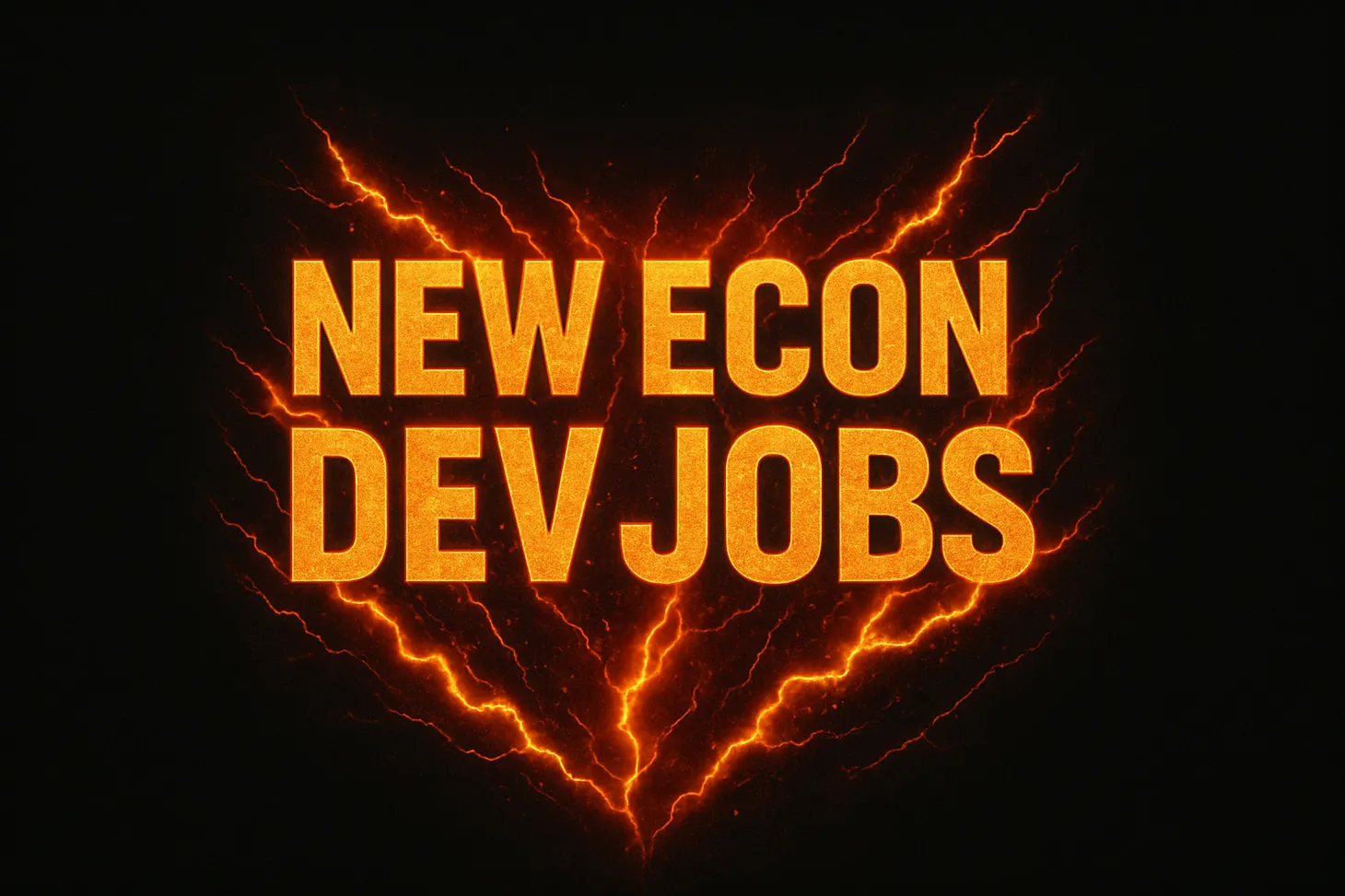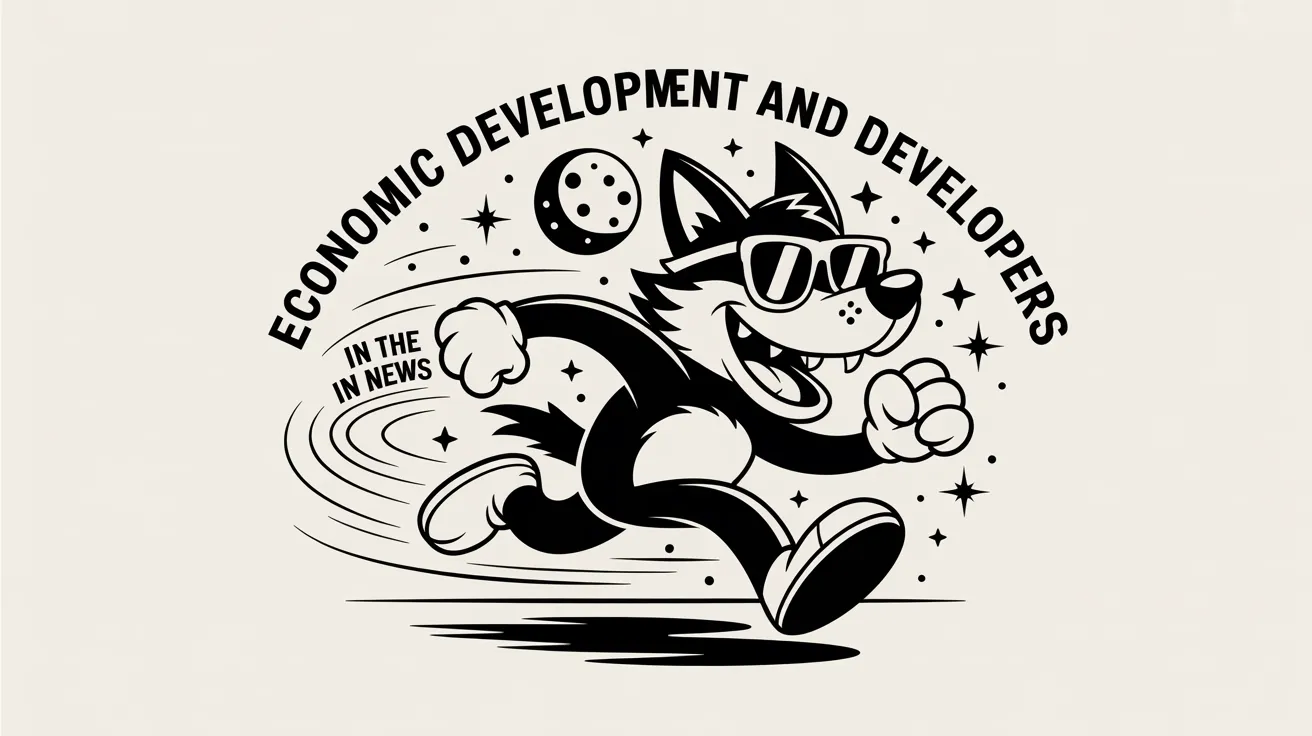Five Things Rural Communities Should "Not Do" In 2023
If people can benefit from anti-resolutions, why can't communities?

Table of Contents
The following is a thought leadership post by Andy Portera of Portera & Associates, LLC.
Many people have been busy making New Year's resolutions over the last few days. For me, resolutions seem to fall by the wayside as life returns to normal after the holidays, with a return to the office and kids to school, sports, and other activities. Instead of creating a list of resolutions for my business or health, this year, I have identified a few things I will try to avoid doing. Think of these as "anti-resolutions." Here are a few of my anti-resolutions for 2023: 1. Don't sit at my desk all day - move (walk/workout) daily; 2. Don't make time or excuses for negative people; and 3. Don't keep social media apps (except LinkedIn 😁) on my phone.
If people can benefit from anti-resolutions, why can't communities? If you want your community to change in 2023, there are likely many things it should stop doing. Here are the top five things rural communities should stop doing for economic and community development success in 2023:
- Stop doing the same things with the same homogenous group of people (and expecting a different result). A community is a living organism - growing and getting better or declining and dying. If your community is on an upward trajectory, congratulations. Keep it up! If your community is stagnant or in decline, you need to do something, and that something needs to be different. Be innovative in how you think about your organizations and how they operate. Engage new leaders to work with your current leadership. Change how you perceive and solve problems. Let organizations cross-pollinate one another with ideas and solutions to community issues. Act differently with different actors to get different results.
- Don't get bogged down by a lengthy planning process. If you don't have a current, straightforward economic and community development plan, you need one. But avoid spending a long time in the planning phase, which can be easy to do given the community's complex issues. Also, beware of the consultant that sells you on conducting a formal study so you can prepare to draft a plan. I see this a lot, especially in workforce development. Communities commission workforce or labor shed studies to inform them about the state of their workforce. They think they need a study so they can draft a plan. If you live in the community, you know where your workforce is strong and where it is weak. If you don't, ask about 4 or 5 local businesses, and they will tell you. This also applies to other aspects of your community, not just your workforce. You know your community and what it needs. You can devise an effective plan within a few days or weeks and don't need a formal study.
- Don't develop a complex plan. Even if your community needs much work, avoid multi-page plans. The longer the plan, the harder it is to execute and the more likely it is to become obsolete. Keep your plan concise and straightforward. Make it digestible and actionable. Choose one community strength and one weakness or obstacle and build your strategy. For your strength, look to build on it through additional investment or collaboration with other organizations. For weaknesses or obstacles, design solutions that help remove or lessen their impact. Try to keep your plan to a couple of pages. You can always add to your plan (once you have success) or make another iteration. The world is changing too fast to create massive, complex plans. Keep it simple!
- Don't create a new organization, committee, or task force to help carry out your economic and community development efforts. Creating a new organization, committee, or task force is often unnecessary for carrying out your development plan or initiative. It adds another layer of bureaucracy, representing more red tape and making your system clunkier and inefficient. Resist the urge to do this. You likely already have the systems and organizations to implement your economic and community development initiatives. Look at your systems and organizations, tweak them if necessary, and get to work.
- Don't focus your efforts on organizations and people outside your community. You have everything you need to improve your community - your residents, workforce, students, businesses, and charities. Prioritize making what you have stronger. While most communities want to land a big industrial project that brings hundreds of high-paying, high-skill jobs, these projects go to communities that have their act together - those with a strong workforce, good business environment, solid infrastructure, and thriving quality of life. Focus on improving your community's critical elements first. Start with what you have and work out from there.
Don't do these things in 2023 and change your community's trajectory 🚀!
Thanks for reading, and please let me know your thoughts!
by Andy Portera of Portera & Associates, LLC. Subscribe to Andy's Rural Economic Development Newsletter on LinkedIn.
Econ Dev Show Newsletter
Join the newsletter to receive the latest updates in your inbox.


